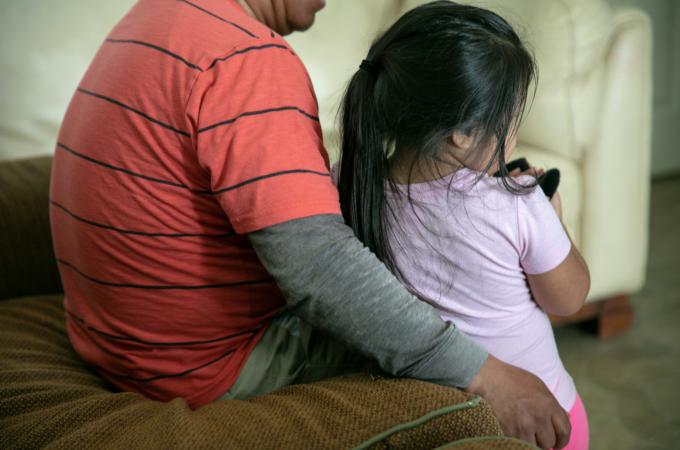Racism and immigration
Q. There is currently in the U.S. an issue of serious concern to those who follow the teachings of Jesus, but I have not heard a word about it from the pulpit or in my Catholic newspaper. It is the racism being displayed by those in authority in our government.
I was heartbroken to watch an 11-year-old Mexican girl sobbing as she begged our president to let her have her father back. Isn't it morally wrong and a serious sin to support racism? I believe that Jesus would be addressing this issue strongly if he were on earth today.
Where are those religious representatives who were given the responsibility to carry on his work? I feel that by their silence, they are condoning these atrocities. (Somerset, New Jersey)
A. The Catholic bishops of our country have been forthright and outspoken on the issue of immigration, with particular reference to the current crisis on our southern border. In August 2019, the bishops' conference was openly critical of an "interim final rule" issued by the Trump administration.
Bishop Joe S. Vasquez of Austin, Texas, who is chair of the bishops' migration committee, wrote: "The rule would turn our back on the vast majority of asylum seekers, requiring them to apply for protection in almost any other country through which they transit, leaving access to U.S. asylum exceptionally rare. Not only do we believe that this rule is unlawful, but it also jeopardizes the safety of vulnerable individuals and families fleeing persecution and threatens family unity."
A year earlier, Cardinal Daniel N. DiNardo, as president of the bishops' conference, denounced the administration's policy that had led to children being held in government shelters while their parents were being sent to federal prisons.
"Families are the foundational element of our society," he said, "and they must be able to stay together. While protecting our borders is important, we can and must do better as a government, and as a society, to find other ways to ensure that safety. Separating babies from the mothers is not the answer and is immoral." (Shortly after, Pope Francis, in an interview with Reuters news agency, let it be known that he agreed with this position.)
On the issue of racism, our nation's bishops have been equally as blunt. In a November 2018 pastoral letter called "Open Wide Our Hearts," the bishops wrote:
"Racism arises when -- either consciously or unconsciously -- a person holds that his or her own race or ethnicity is superior, and therefore judges persons of other races or ethnicities as inferior and unworthy of equal regard. When this conviction or attitude leads individuals or groups to exclude, ridicule, mistreat or unjustly discriminate against persons on the basis of their race or ethnicity, it is sinful."
But it's possible, I would think, to disagree with the bishops on border policy without necessarily being a racist. The problem I have with your question is that it seems automatically to equate the two.
Q. If a Catholic woman marries a Muslim man, can their marriage be blessed in the Catholic Church? (Jakarta, Indonesia)
A. Yes, certainly a Catholic woman is permitted to marry a Muslim man with the Catholic Church's blessing. The ceremony may be performed either in a Catholic church or, with the permission of the local Catholic bishop, in a Muslim or a "neutral" setting.
(Not long ago, I officiated at such a wedding, held on the back lawn of the Muslim family's residence.) Interestingly, Islamic guidelines say that a Muslim man may marry outside his faith only if his spouse is Christian or Jewish.
- Father Kenneth Doyle is a columnist for Catholic News Service



















